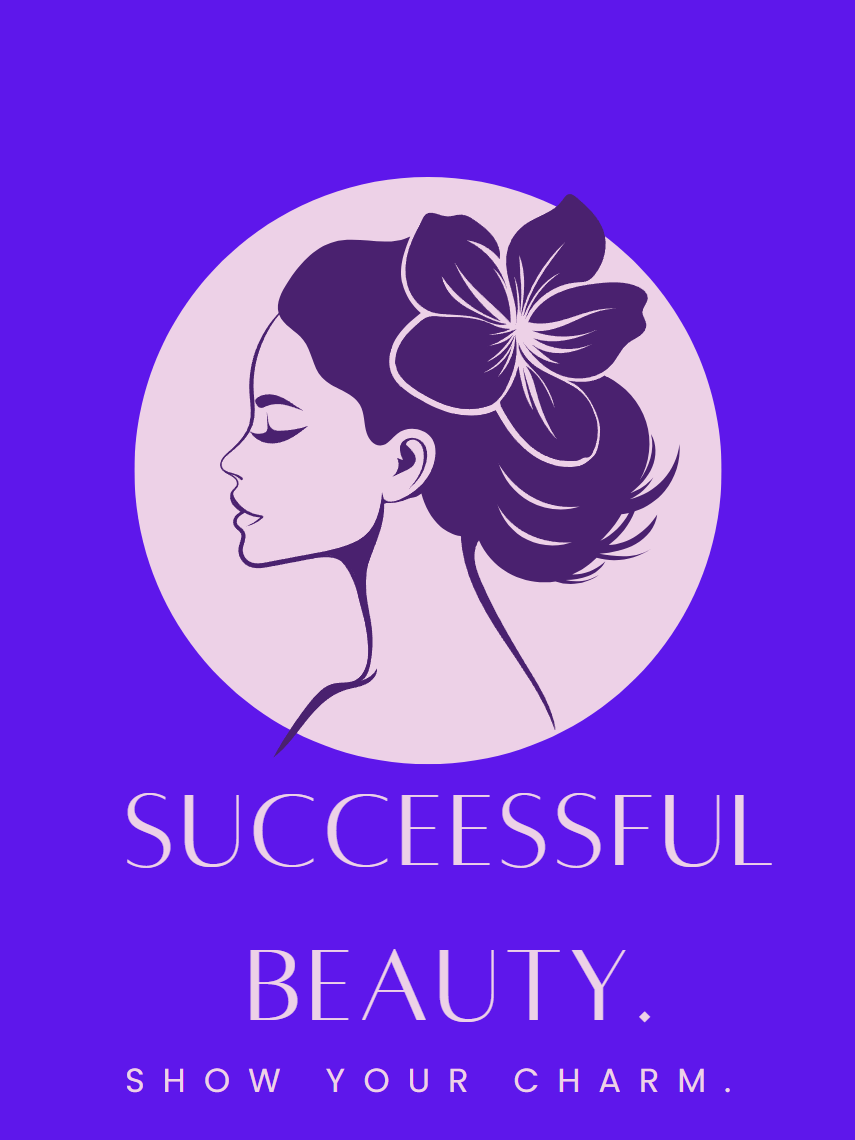
The Power of Authenticity in Modern Beauty Standards
In a world dominated by unrealistic beauty standards, the recent chatter surrounding the smiles of Chelsea and Chloe in the HBO series The White Lotus has sparked a debate about authenticity versus perfection. Aimee Lou Wood's and Charlotte Le Bon's imperfect teeth have been hailed as a refreshing departure from the traditional Hollywood aesthetic. While many fans appreciate these imperfections, it's essential to explore the underlying implications of such praise. Is it genuinely empowering, or does it subtly reinforce the notion that beauty, even in its 'natural' form, must conform to a specific narrative?
Beyond Beauty: The Emotional Impact of Imperfections
Valerie Monroe, writing for Allure, reflects on her own struggles with dental imperfections throughout her life. She reveals that the praise directed at Wood's and Le Bon's smiles can unintentionally marginalize those who can't afford the dental care needed to achieve something similar. This raises an important point: we must acknowledge not just the beauty in our differences, but also the societal structures that uphold or dismantle our definitions of beauty.
Lessons in Compassion and Understanding
The discourse surrounding teeth in The White Lotus is indicative of something larger at play—the need for greater compassion in our reactions to others. Compliments for actors’ smiles can quickly become condescending if they overlook the privilege and resources required to obtain even 'imperfect' smiles. Therefore, understanding the nuanced relationship between beauty standards and societal expectations is essential to fostering a more inclusive narrative.
The Future of Beauty Standards: Inclusivity or Exclusivity?
As we continue to navigate our definitions of beauty in the modern age, it's crucial to ask ourselves: are we moving toward a more inclusive future, or merely reshaping existing ideals with new trends? If 'imperfect' beauty is the new definition of stunning, how can we ensure that this perspective genuinely benefits all individuals, rather than reinforcing existing class structures? These are questions we need to address to build a more equitable approach to beauty.
Takeaway: Embrace Your Unique Beauty
Ultimately, the conversation sparked by The White Lotus serves as a reminder that beauty is not just about aesthetics; it encompasses the stories and experiences behind individuals. As high-net-worth readers, let this be a call to embrace your unique qualities, while fostering compassion for others. In doing so, we can navigate the complexities of beauty in a way that uplifts and celebrates diversity, rather than merely reverting to superficial standards.
 Add Row
Add Row  Add
Add 




 Add Row
Add Row  Add
Add 


Write A Comment